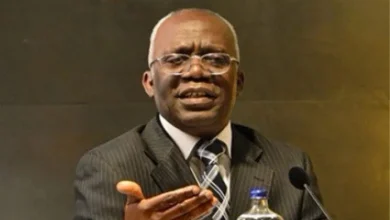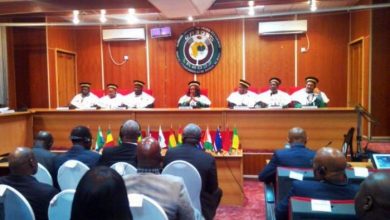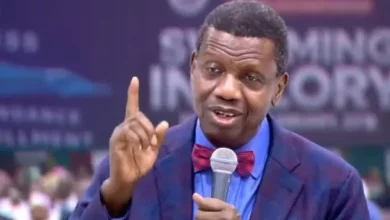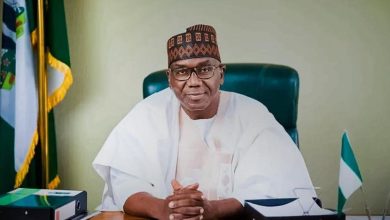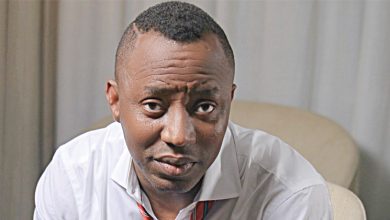Beyond Buhari: The Quest to Control His 12 Million Supporters

Following Muhammadu Buhari’s death, Nigeria is dealing with more than simply the loss of a former leader. It is the silent dissolution, or possibly the remaking, of a powerful political cult: a devoted group of more than 12 million Nigerians who viewed Buhari as a messianic figure and a moral role model.
This base of support remained stable for two election cycles. They cast their ballots regardless of the weather, the state of the economy, or the level of national unrest. They stood up for the defense. And they thought. The austere, orderly, and religiously based image of Buhari struck a profound chord in the northern heartland. He was more than simply Mai Gaskiya, or “the honest one,” to many; he was Baba, a man of sacrifice, a reflection of their anguish, and a guardian of their dreams.
Who gets this loyalty is the straightforward but important question now.
It is an underestimation of Buhari’s emotional and symbolic appeal to think that these 12 million Nigerians will merely switch to the ruling APC or mindlessly follow the next northern contender. The party was never the only reason for his popularity. The topic was persona. Not even Atiku, Kwankwaso, or any of the present governors have been able to garner such admiration.
It’s important for this vacuum.
Politics in Nigeria have frequently focused on “structures,” particularly since 1999. Buhari’s foundation, however, was more than just structure. Identity, sentiment, and memory were involved. It created a powerful mystique by fusing his combat experience, his alleged thrift, and his religious authority. The story persisted even after he failed as a ruler. Hours were spent waiting in line to cast their votes for that myth.
Who enters that area now?
Bola Even while he still controls Aso Rock, Ahmed Tinubu lacks the emotional clout Buhari possessed in the north. Instead of mythology, his political power is found in machinery. Despite his many years of desire, Atiku Abubakar has consistently fallen short of Buhari’s ability to build widespread trust in the north. There is a Kwankwaso movement called the Kwankwasiyya, although it is still regional in nature and more of a Kano cult than a northern one.
Read Also: Food Prices Record Slight Decline in Abuja Markets
Would 2023’s unexpected force, Peter Obi, be able to gain traction here? Or perhaps. His outsider status, emphasis on caution, and anti-corruption rhetoric all harken back to early Buhari storylines. But it’s also unclear if Obi can emotionally and culturally relate to Buhari’s supporters, who frequently associate political trust with shared symbols, geography, and religion. It might not be enough to have a few viral videos in the Arewa dialect.
In actuality, rather than a transfer of power, Buhari’s passing might signal the start of a political dispersal. His followers may split apart, with some choosing to become indifferent, others forming new coalitions, and yet others becoming conservative and filled with nostalgia as they wait for the next “pure” leader to come along.
The politics of 2027 may change as a result of this division. Northern votes might no longer be delivered in unison if Buhari is not a unifying symbol. The landscape may suddenly be less predictable for those in positions of power who previously depended on Buhari’s reputation.
This presents Nigeria with both risk and opportunity.
Risk, as a lack of authority frequently leads to opportunism, dissension, and manipulation. However, there is also the chance to create a new politics based on principles, accountability, and ideas rather than personality cults.
However, the significance of emotional politics in Nigeria cannot be overlooked. Buhari’s reputation might outlive both his administration and himself. Similar to Awolowo in the southwest or Zik in the east, Buhari’s legacy in the north may serve as a benchmark for many years to come. Any successor faces the difficulty of commanding that same trust in addition to just filling his shoes.
His 12 million loyalists are currently politically orphaned. One of the most significant issues in Nigerian politics today is whether they find a new home or end up becoming the decisive factor in the upcoming election.
Writer and teacher Olu Allen lives in Kano. He offers insights on Nigerian politics, society, and culture.

